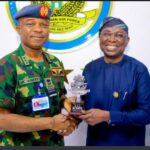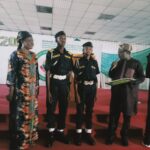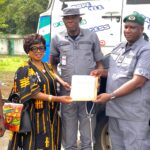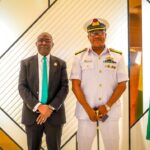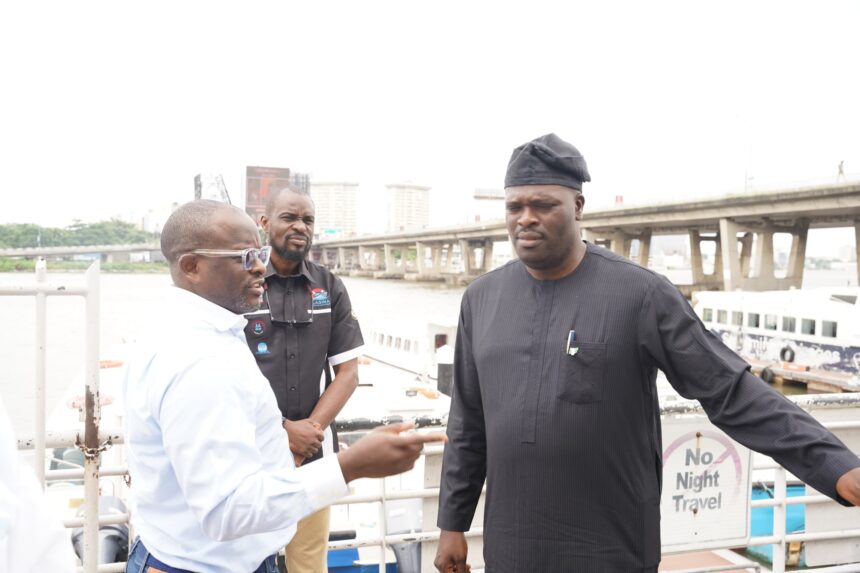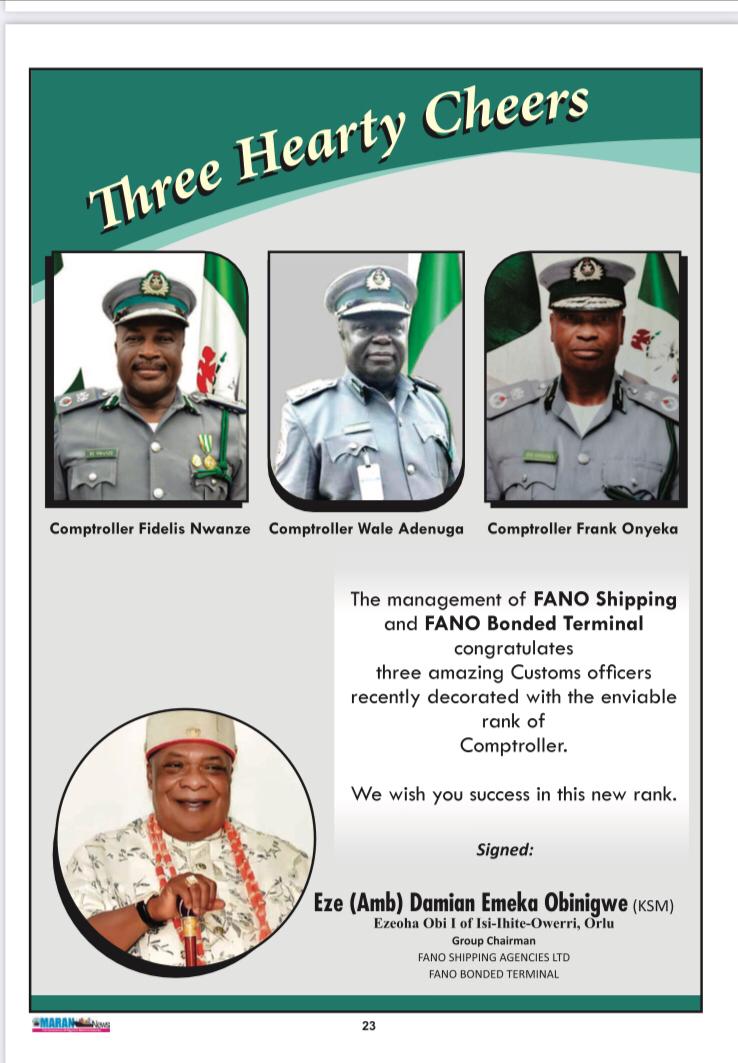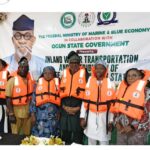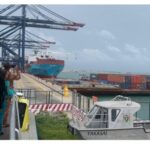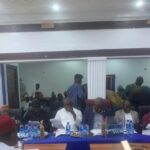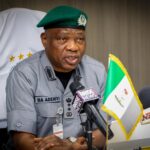The Lagos State Waterways Authority (LASWA) is set to embrace Compressed Natural Gas (CNG) as an alternative energy source for ferries, following a strategic engagement meeting held at LASWA headquarters in Ikoyi on Wednesday.
The meeting brought together the Presidential Initiative on Compressed Natural Gas (Pi-CNG), representatives of RIL Hydro Kraft Limited—promoters of CNG for marine use—key boat operators, and marine stakeholders across Lagos State.
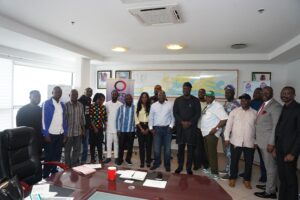
The session, organized by LASWA, aimed to align national clean energy goals with the operational realities of local boat operators, explore the feasibility of marine CNG adoption, and foster collaboration among stakeholders to drive an efficient energy transition in water transportation.
In his welcome address, LASWA General Manager, Mr. Oluwadamilola Emmanuel, emphasized the strategic importance of introducing CNG-powered boats and electric ferries as part of LASWA’s long-term commitment to reducing carbon emissions, enhancing passenger safety, and lowering operational costs.
He noted that waterways are central to Lagos’ future mobility plans, with energy transition being a core pillar in realizing this vision.
The team from the Presidential Initiative on CNG, led by PD/CEO Engr. Micheal Oluwagbemi, shared insights into the federal government’s roadmap for accelerating CNG adoption across multiple transport sectors, including maritime. Engr. Oluwagbemi highlighted successful CNG adoption in road transport nationwide and assured stakeholders of strong technical support and enabling policies for marine CNG adoption.
Mr. Layi Solesi, CEO of RIL Hydro Kraft Limited, delivered a technical presentation on the conversion process, fueling infrastructure, safety standards, and the long-term economic benefits of CNG usage in marine transport.
He showcased successful case studies from other coastal cities and expressed readiness to collaborate with LASWA and boat operators on pilot schemes.
Boat operators raised concerns about affordability, safety, engine compatibility, fueling infrastructure, and maintenance. LASWA and the federal team responded by assuring a gradual, inclusive implementation supported by capacity-building programs and stakeholder involvement at every stage.
This landmark meeting reinforces LASWA’s role as a proactive regulator and bridge-builder in shaping a safer, greener, and more efficient water transport system for Lagos. Stakeholders expressed optimism and commitment toward realizing the vision of a CNG-powered future on Lagos waterways.


